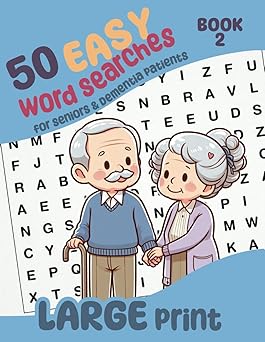Mindfulness Practices for Dementia Patients and Caregivers
Mindfulness has benefits for both the dementia patient and the carer. Here are some practical uses for mindfulness to help with some of the negative aspects of dementia.


Mindfulness practices, such as guided breathing or visualization, offer a gentle way to reduce stress, improve focus, and enhance emotional well-being. They are easy to do for people in all stages of dementia, and there is no risk, and no down side to doing them.
Why Minfulness Matters
Mindfulness involves focusing on the present moment. This can help calm the mind and take it away from frustration and overwhelm. For dementia patients, mindfulness can lessen agitation and improve mood by bringing their attention to sensory experiences. For caregivers, it offers a method to manage stress and maintain emotional balance, preventing burnout. Research suggests that mindfulness for dementia patients may enhance attention span and improve emotional regulation, benefiting both patient and caregiver.
Guided Breathing Exercises
Simple breathing exercises can be calming for those with dementia. Try a 5-minute session where you guide them to take slow, deep breaths. Inhale for a count of four, hold for four, and exhale for four. Do this together, seated in a quiet place. This one-on-one practice will enhance togetherness and reduce tension in stressful moments.
Sensory-Based Visualization
Visualization engages the imagination, which can be soothing for those with dementia. Guide them to envision a calm place, such as a beach they remember. Guide them to experience certain aspects of the scene, such as the feel of the sand under their feet or the warmth of the sun on their face. You can pair this with background sounds, like ocean waves. Do this slowly and peacefully for a 10-minute session. The caregiver can also participate, offering an opportunity to connect and relax.
Short Body Scans
A brief body scan, where you guide the attention to different body parts, can promote relaxation. For example, you can say, “Notice your shoulders, feel any tension relax, let them soften.” For 10 minutes or so, you can guide the attention around the body, maybe start from the head and slowly move down to the toes. Adapt this for the patient and keep instructions simple and repetitive. Practice this yourself to relax after a long day.
Keep sessions short and simple, and tailor mindfulness for dementia patients' sessions according to the individual. If there is some scepticism, re-frame the session as something that is going to help, or some new technique you have heard of that you want to try together. You can always take a break and come back to it later. Mindfulness is great for those with or without dementia, so join in with the sessions or practice alone to unwind.
Use mindfulness to create moments of peace and connection as part your dementia care and personal care.


Useful Resources
Easy Nature Wordsearch
An easy, large print wordsearch, suitable for elders with dementia or other forms of cognitive decline.
A dementia-friendly wordsearch book with a range of simple themes.
An easy word search book with Christian-themed puzzles. Large print and dementia-friendly.
Easy Wordsearch
Easy Christian Wordsearch
Connect
© 2025. All rights reserved.




